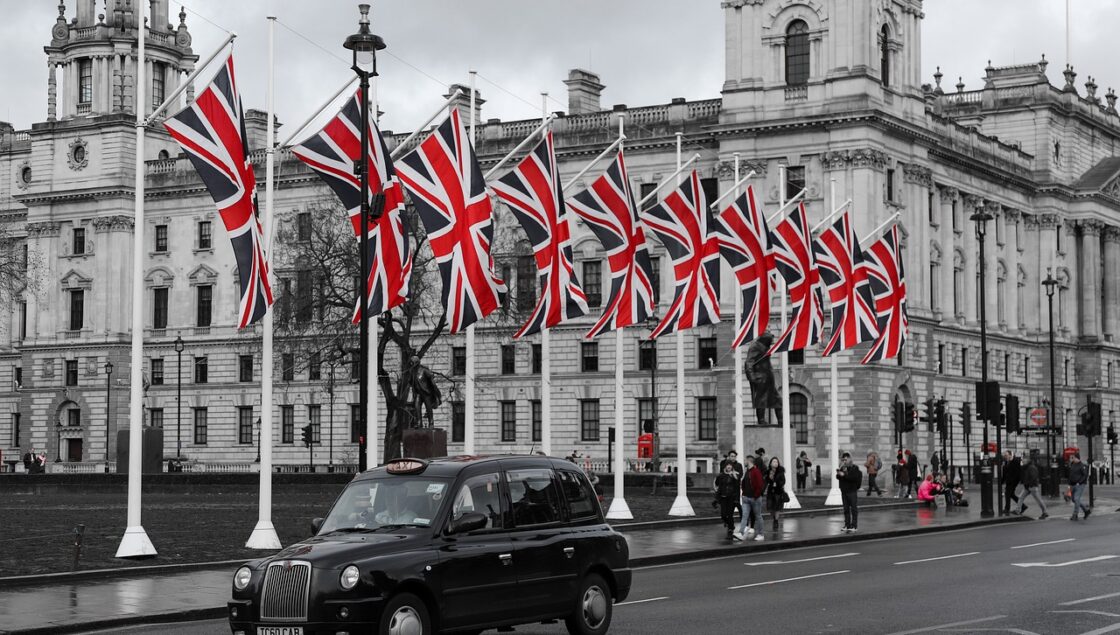Labour Party Urged to Act on Tighter Gambling Advertising Restrictions
At a recent summit in Westminster, pressure mounted on Labour ministers to impose stricter regulations on gambling advertising, particularly in sports, in an effort to protect vulnerable people and children. Politicians, campaigners, and football figures called for urgent reforms to address the growing concern over gambling harms.

Push for Stronger Advertising Restrictions
During the summit, experts urged Culture Secretary Lisa Nandy to implement tougher controls on how gambling is marketed. This call follows growing concern over the impact of gambling advertisements, particularly in sports, which are believed to contribute to the exposure of vulnerable groups, including children.
Iain Duncan Smith, co-chair of a cross-party parliamentary group on gambling harms, highlighted public support for stricter regulations, citing a survey by Survation that suggests most people favor a ban on gambling ads altogether. He stopped short of calling for a complete ban but emphasized the need for politicians to align with public sentiment.
Concerns Over Sports Sponsorship and Gambling Ads
The issue of gambling sponsorship in football was a key focus of the discussion. Duncan Smith called for a ban on gambling incentives, such as “free” bets, and urged the government to restrict gambling ads in sports, including a ban on football shirt sponsorships. While Premier League clubs have agreed to stop front-shirt betting sponsors by the end of next season, other forms of sponsorship, such as pitchside hoardings, remain unaffected.
Mark Palios, chair of Tranmere Rovers, raised concerns about children supporting lower-league clubs, questioning why they should be less protected than Premier League fans. Tranmere and 39 other clubs have joined The Big Step campaign, which advocates for the removal of betting sponsors from football.
Rise in Gambling Harm and Calls for Action
Recent figures from the Gambling Commission indicate that problem gambling may affect up to 2.5% of adults in Great Britain, a much higher rate than previously estimated. Campaigners, supported by GambleAware, have called for a pre-9pm ban on gambling ads and further restrictions to mitigate gambling-related harms.
Lord Foster, chair of Peers for Gambling Reform, emphasized that the existing gambling act grants the power to reform advertising without requiring new legislation. He expressed surprise that the previous government did not address the issue in their regulatory reform white paper.
The Conservative government has previously argued that there is insufficient evidence to link gambling advertising directly to harm. However, Dr. Heather Wardle of the University of Glasgow pointed out that restrictions on products like tobacco were based on observed harms rather than conclusive proof, suggesting that a similar approach could be applied to gambling.
Industry Response and Government Position
A spokesperson for the Betting & Gaming Council noted the industry’s efforts to promote safer gambling and reduce the appeal of ads to children, citing measures like the “whistle to whistle” ban. However, studies have shown that gambling logos can still appear thousands of times during Premier League matches due to alternative promotional methods.
A government spokesperson reiterated that while most people gamble without issue, protections must be strengthened for those at risk of gambling-related harm.
